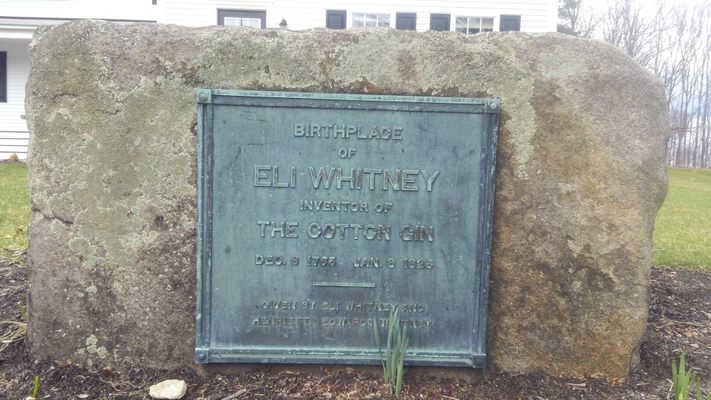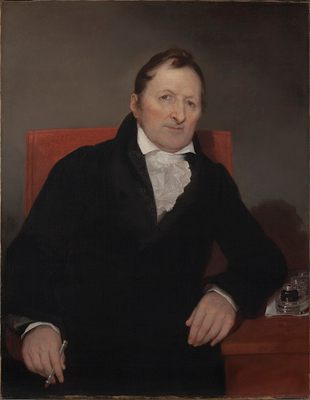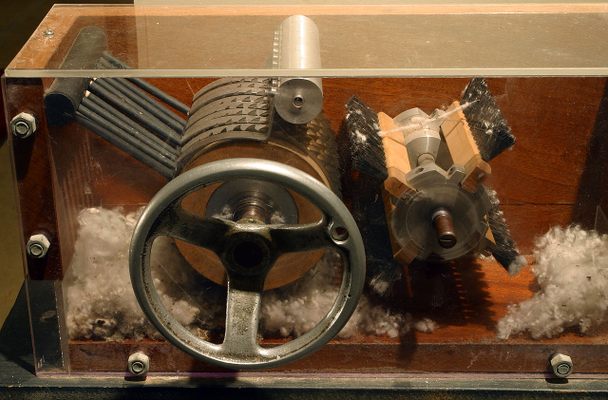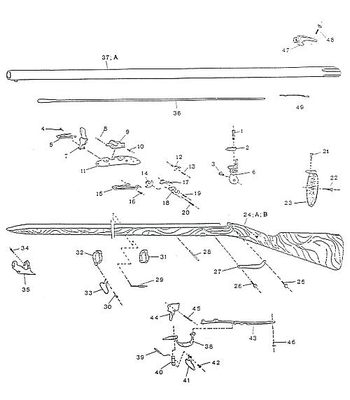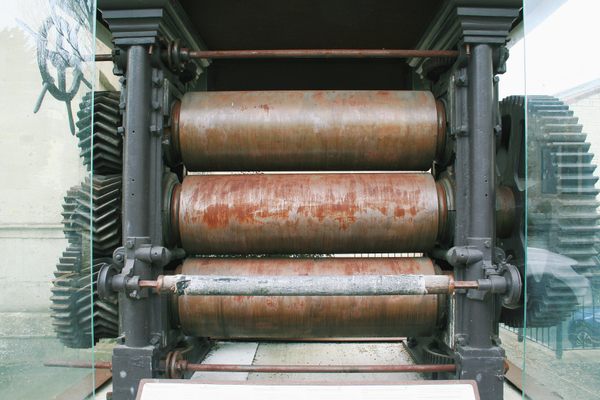About
Tucked away in a quiet residential neighborhood in Westborough, there is a stone plaque placed directly in front of a home that marks the birthplace of one of America's most renowned inventors. His inventions not only transformed U.S. history but also world history.
Eli Whitney was born in Westborough on December 8, 1765. During the Revolutionary War, he helped operate his father's manufacturing workshop and made nails. After studying law at Yale, Whitney moved to Georgia to work as a private tutor and save up some money. He saw the system of slavery firsthand and believed the best way to abolish the institution was through technological innovation. In 1794, Whitney received a patent for the cotton gin, which made the harvesting of cotton much faster and easier. Although Whitney believed his invention would eliminate the need for manual slave labor, it actually led to significant growth in demand for enslaved laborers to pick the increased yields of cotton. Whitney's invention inadvertently led to an economic system that would dominate the South for decades.
While the cotton gin helped expand the institution of slavery, Whitney's second big invention would play a part in ending it. Whitney was fascinated by the idea of machines with interchangeable parts, identical pieces that could be manufactured automatically with no hand fitting or alterations required. He worked towards applying the idea to muskets and other firearms. The goal was achieved in the years following Whitney's death in 1825 and would be a decisive factor during the U.S. Civil War. The northern industrialized states had perfected the concept of interchangeable parts which made the manufacture of guns, trains, ships, and other equipment much faster, cheaper, and easier. Because of this advantage, the Union was able to defeat the Confederacy.
Eli Whitney is a big name in US history books and while one invention helped cement the horrific institution of slavery, another played a pivotal role in its destruction. Both of these innovations had tremendous impacts on America and had a ripple effect on the world. The American system of manufacturing became a world standard with nations across the globe adopting similar methods which helped create the global supply and manufacturing network that exists today.
Related Tags
Community Contributors
Added By
Published
March 30, 2023
Sources
- https://www.eliwhitney.org/museum/about-eli-whitney/factory
- https://dp.la/primary-source-sets/cotton-gin-and-the-expansion-of-slavery
- https://www.archives.gov/education/lessons/cotton-gin-patent
- https://www.history.com/topics/inventions/interchangeable-parts
- https://web.archive.org/web/20030219030139/http://web.mit.edu/invent/iow/whitney.html
- https://www.thoughtco.com/the-cotton-gin-and-eli-whitney-1992683
- https://www.biography.com/inventors/eli-whitney

